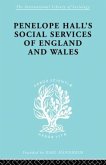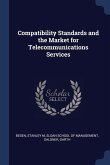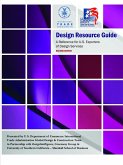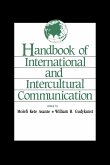If we are to build an inclusive institutional culture within the increasingly pluralist societies of 21st century Europe, focussing solely on the development of skills and knowledge is not enough. There have to be changes in the way in which administrative authorities and the organisations providing services to the public view their role and in the action they take. While it is essential for migrants to learn the language of their host country, understanding the codes of conduct, standards, allegiances, rules and exceptions is perhaps an even greater challenge. This clearer understanding of the institutional fabric is an inevitable part of what is termed integration and also applies to minorities. Since this process does not occur unassisted, this guide puts forward a number of proposals to help acquire the institutional skills which are vital for understanding, dialogue, guidance, negotiation and conflict resolution, to name but a few. These are all aspects inherent in interactio
Bitte wählen Sie Ihr Anliegen aus.
Rechnungen
Retourenschein anfordern
Bestellstatus
Storno

![Constructing an Inclusive Institutional Culture Methodological Guide: Intercultural Competences in Social Services [With CDROM] Constructing an Inclusive Institutional Culture Methodological Guide: Intercultural Competences in Social Services [With CDROM]](https://bilder.buecher.de/produkte/34/34498/34498896n.jpg)






